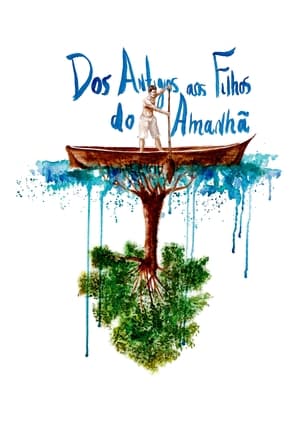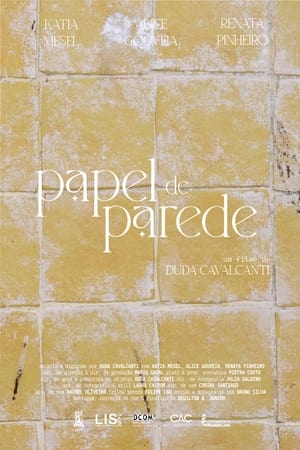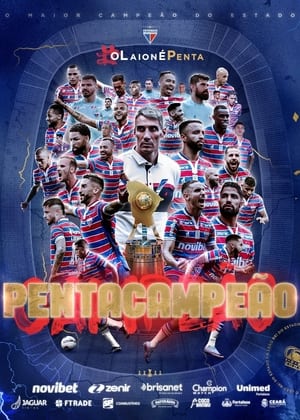
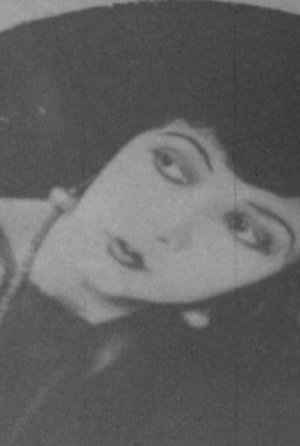
Almeri & Ari: Ciclo do Recife e da Vida(1979)
Brazilian documentary about the pioneers Ary Severo (director, screenwriter, actor and screenwriter) and Almery Steves, his wife (actress of famous Recife Cycle films)
Movie: Almeri & Ari: Ciclo do Recife e da Vida
Top 2 Billed Cast
Self
Self

Almeri & Ari: Ciclo do Recife e da Vida
HomePage
Overview
Brazilian documentary about the pioneers Ary Severo (director, screenwriter, actor and screenwriter) and Almery Steves, his wife (actress of famous Recife Cycle films)
Release Date
1979-12-31
Average
0
Rating:
0.0 startsTagline
Genres
Languages:
PortuguêsKeywords
Similar Movies
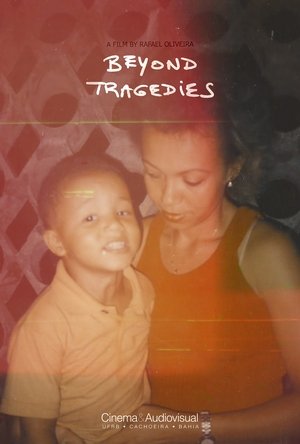 4.0
4.0Beyond Tragedies(pt)
Recalling his childhood and relationship with his mother, a film student tries to understand the origin of his love for cinema and tragedies.
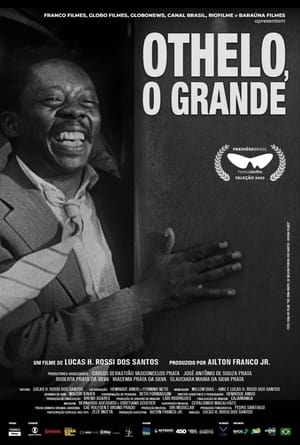 0.0
0.0Othelo The Great(pt)
A beautifully told story using archival footage to explore the life of Grande Otelo, a groundbreaking Black Brazilian actor. Overcoming poverty and racism, he built a stellar career, facing controversy yet using it to challenge prejudice.
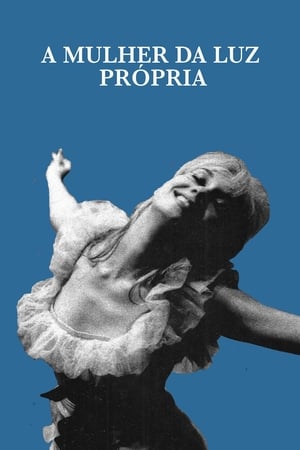 8.0
8.0A Mulher da Luz Própria(pt)
Helena Ignez is one of the main female figures of Brazilian cinema. She developed a new style of acting. Nowadays, she directs independent films. The documentary tells some of the History of Brazilian cinema, its political context and Helena's trajectory.
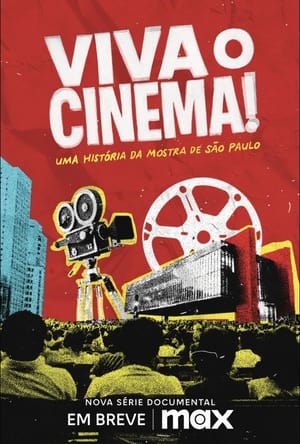 0.0
0.0Viva o Cinema! Uma História da Mostra de São Paulo(pt)
The series tells the story of the São Paulo International Film Festival, one of the most traditional cultural events in Latin America. For 48 years, the festival has showcased hundreds of films from all over the world, bringing vibrancy to the city. Filmmaker Marina Person provides an irreverent perspective, highlighting the exciting and unusual stories that have marked the festival’s journey of resistance. The series reveals the individuals who have embraced the challenge of organizing this significant cultural event in Brazil every year, despite often challenging conditions. We also delves into how the Mostra has grown to become one of the main festivals globally, shedding light on the changes in cinema, Brazil, and the world over the years.
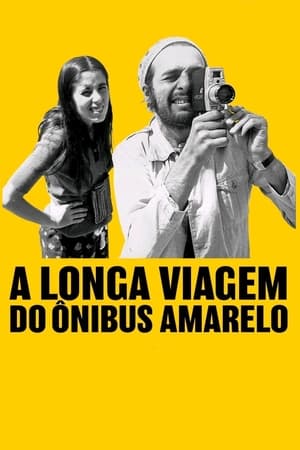 9.0
9.0The Long Voyage of the Yellow Bus(pt)
For this behemoth, Bressane took his opera omnia and edited it in an order that first adheres to historical chronology but soon starts to move backwards and forward. The various pasts – the 60s, the 80s, the 2000s – comment on each other in a way that sheds light on Bressane’s themes and obsessions, which become increasingly apparent and finally, a whole idea of cinema reveals itself to the curious and patient viewer. Will Bressane, from now on, rework The Long Voyage of the Yellow Bus when he makes another film? Is this his latest beginning? Why not, for the eternally young master maverick seems to embark on a maiden voyage with each and every new film!
Impressões do Brasil(pt)
"Impressões" rescues the history of the Brazilian press since 1808, when the "Correio Brasiliense" clandestinely reached Rio de Janeiro after being edited in London by Hipólito José da Costa, and spans until 1986. It's the first documentary to depict the history of the Brazilian journalistic press.
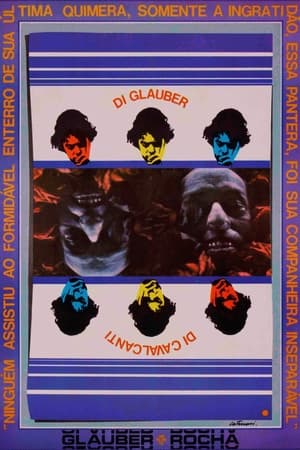 6.1
6.1Di Cavalcanti Di Glauber(pt)
This controversial film from director Glauber Rocha records the funeral of his friend, major Brazilian painter Emiliano Di Cavalcanti.
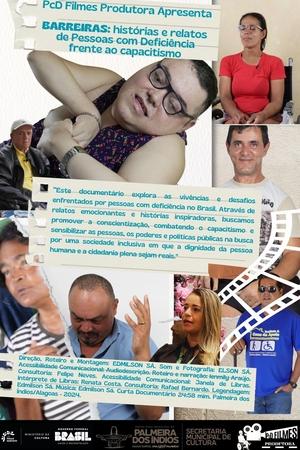 0.0
0.0Barreiras: Histórias e relatos de pessoas com deficiência frente ao capacitismo(pt)
Yellow Bar - A Night with Zorza(pt)
A group of friends hangs out at a bar, having fun and drinking beer.
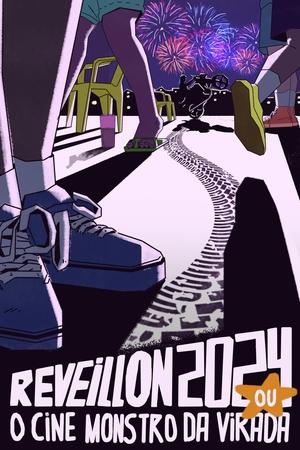 0.0
0.0RÉVEILLON 2024 OU: O Cine-Monstro da Virada(pt)
A group of friends gathers to celebrate the end of 2023 and the beginning of 2024. Captured through a cellphone camera, the film showcases their various interactions while highlighting the artistic and cultural influences that shape their lives.
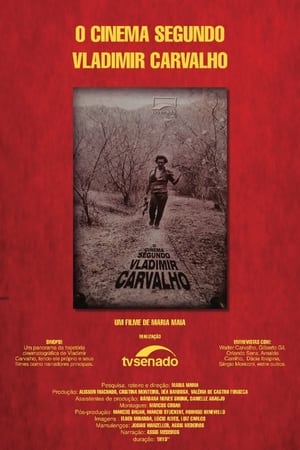 4.0
4.0O Cinema Segundo Vladimir Carvalho(pt)
The documentary presents an overview of Vladimir Carvalho's cinematographic career, from the very beginning, as a co-writer of “Aruanda” (1960), directed by Linduarte Noronha, to the present day. With Vladimir himself as the main narrator and illustrated by scenes from his films, the documentary also features interviews with Gilberto Gil, Orlando Senna, Arnaldo Carillo, Dácia Ibiapina, Fernando Duarte, Sérgio Moriconi, among others.
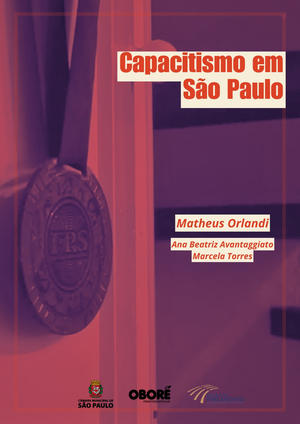 0.0
0.0Ableism in São Paulo(pt)
Through intimate stories and day-to-day routines we get a naturalistic glimpse into the lives of individuals with disabilities in the bustling urban landscape of São Paulo. The film captures personal moments and how modern societies confront (or fail to confront) ableism and inclusion.

